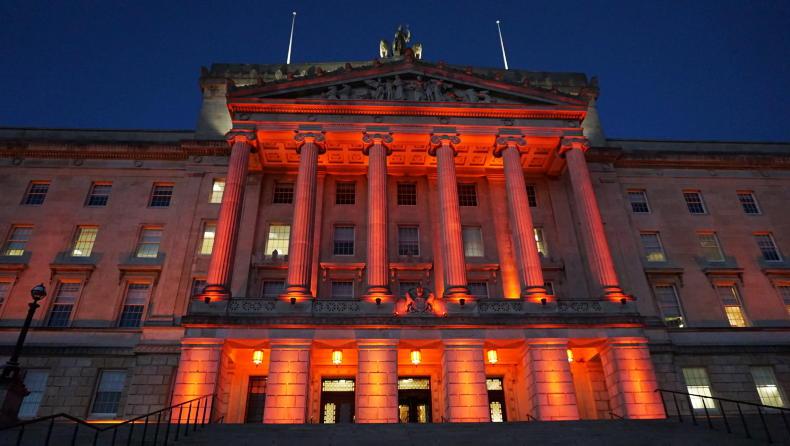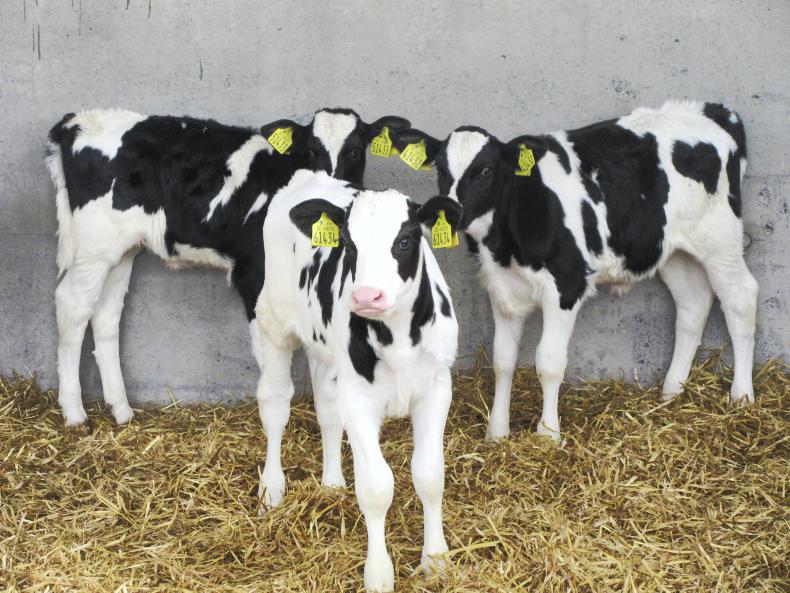Talks over climate change legislation for NI between Green Party MLA Clare Bailey and DAERA Minister Edwin Poots are set to continue at Stormont.
Bailey has brought forward a private member’s bill which aims for NI to reach net zero greenhouse gas emissions by 2045, while a separate bill from Minister Poots aims to cut emissions by at least 82% by 2050.
“I have met with the Minister. He did request the meeting, which was great to have, and I have subsequently met with his officials since then,” Bailey told MLAs last week.
We are happy to continue talking and I think those talks need to happen
The South Belfast MLA said there had been no agreement on a compromise between the two climate change bills at present, but she appeared upbeat about the discussions.
“We are happy to continue talking and I think those talks need to happen,” she said.
The Green Party bill previously had the support of all the main political parties except the DUP, but the Ulster Unionist Party recently changed its position by publicly giving its support to the headline target in Minister Poots’ bill.
I am very, very hopeful
Bailey said that the aim of all parties was to have an NI climate bill passed before the next Assembly election, which is currently scheduled for May 2022.
“I am very, very hopeful that regardless of any outcome [of the talks], NI will see a climate bill. What it contains is not something that I can give any guarantees on at the minute,” she said.
Reduction
As reported in recent weeks, an independent study by KPMG has suggested that in order to meet a net zero target by 2045, cattle and sheep numbers in NI would need to reduce by up to 86%.
Effectively the report highlights that agri-food, which accounts for 30% of all manufacturing jobs in NI, would be decimated by this target.
To wipe out 30% of our manufacturing industry, our largest exports, a £5bn industry employing over 100,000 people is lunacy
Speaking at Balmoral Show on Wednesday, Minister Poots acknowledged that climate change is an issue which causes farmers concern, but said that well-meaning but ill-thought solutions threaten the viability of the industry.
“To wipe out 30% of our manufacturing industry, our largest exports, a £5bn industry employing over 100,000 people is lunacy. Farming with investment and support can continue to provide food for growing world demand in harmony with the environment.”










SHARING OPTIONS